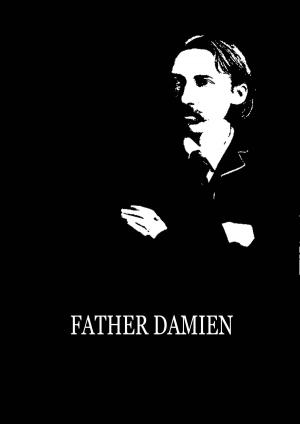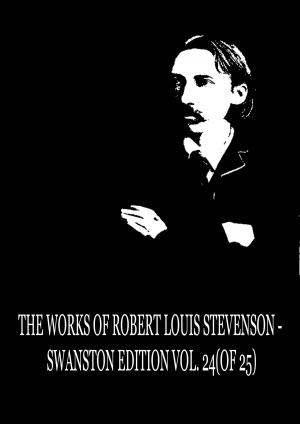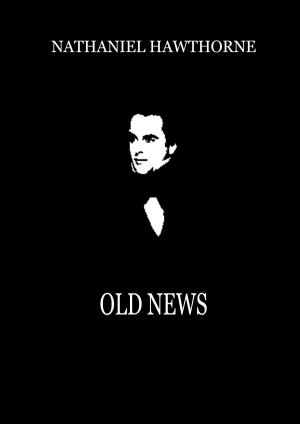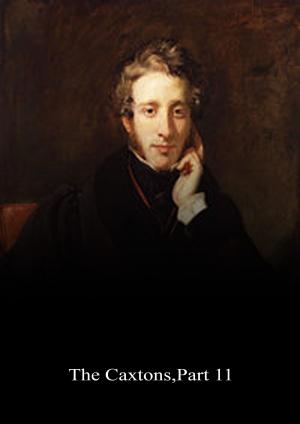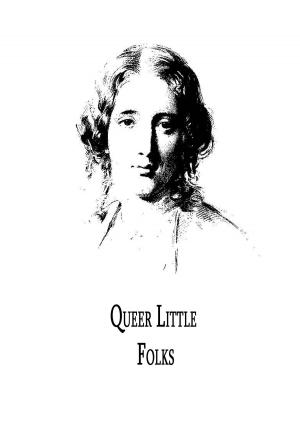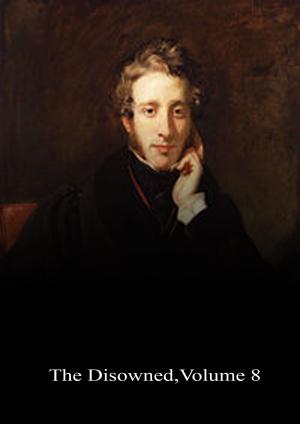| Author: | Émile Zola | ISBN: | 1230000034800 |
| Publisher: | Zhingoora Books | Publication: | December 1, 2012 |
| Imprint: | Language: | English |
| Author: | Émile Zola |
| ISBN: | 1230000034800 |
| Publisher: | Zhingoora Books |
| Publication: | December 1, 2012 |
| Imprint: | |
| Language: | English |
Christmas Summary Classics
This series contains summary of Classic books such as Emma, Arne, Arabian Nights, Pride and prejudice, Tower of London, Wealth of Nations etc. Each book is specially crafted after reading complete book in less than 30 pages. One who wants to get joy of book reading especially in very less time can go for it.
ÉMILE ZOLA
Drink
The early days of Émile Edouard Charles Antoine Zola were sordid and unromantic. He was born at Paris, on April 2, 1840, his father dying while the son was quite young, and leaving his family no legacy except a lawsuit against the municipality of the town of Aix. And it was at Aix, which figures in many of his novels under the name of "Plassans," that Zola received the first part of his education. Later he went to Paris and Marseilles, but failed to get his degree. A period of terrible poverty followed, Zola existing as best he might in a garret at Paris, and employing his hours in writing. Towards the beginning of 1862 he obtained a position as clerk in a publishing house at a salary of a pound a week. Two years after his first novel, "Contes à Ninon," appeared. The book was only moderately successful, but attracted sufficient attention to justify Zola in abandoning clerking, and taking seriously to literature. There followed a long series of powerful and realistic studies of social life, each of unquestioned ability, but failing to win the popularity which was later accorded to Zola's works. The turning-point came in 1877 with the publication of "Drink" ("L'Assommoir"). Its success was extraordinary, and its author found himself the most widely-read writer in France. The story belongs to the "realistic" school, and, although objections may be raised against its nauseating details, there is no mistaking its graphic power and truth to a certain phase of life. Zola was accidentally suffocated by charcoal fumes on September 29, 1902.
Christmas Summary Classics
This series contains summary of Classic books such as Emma, Arne, Arabian Nights, Pride and prejudice, Tower of London, Wealth of Nations etc. Each book is specially crafted after reading complete book in less than 30 pages. One who wants to get joy of book reading especially in very less time can go for it.
ÉMILE ZOLA
Drink
The early days of Émile Edouard Charles Antoine Zola were sordid and unromantic. He was born at Paris, on April 2, 1840, his father dying while the son was quite young, and leaving his family no legacy except a lawsuit against the municipality of the town of Aix. And it was at Aix, which figures in many of his novels under the name of "Plassans," that Zola received the first part of his education. Later he went to Paris and Marseilles, but failed to get his degree. A period of terrible poverty followed, Zola existing as best he might in a garret at Paris, and employing his hours in writing. Towards the beginning of 1862 he obtained a position as clerk in a publishing house at a salary of a pound a week. Two years after his first novel, "Contes à Ninon," appeared. The book was only moderately successful, but attracted sufficient attention to justify Zola in abandoning clerking, and taking seriously to literature. There followed a long series of powerful and realistic studies of social life, each of unquestioned ability, but failing to win the popularity which was later accorded to Zola's works. The turning-point came in 1877 with the publication of "Drink" ("L'Assommoir"). Its success was extraordinary, and its author found himself the most widely-read writer in France. The story belongs to the "realistic" school, and, although objections may be raised against its nauseating details, there is no mistaking its graphic power and truth to a certain phase of life. Zola was accidentally suffocated by charcoal fumes on September 29, 1902.
![Cover of the book Drink [Christmas Summary Classics] by Émile Zola, Zhingoora Books](https://www.kuoky.com/images/2012/december/500x500/1230000034800-CbmH_500x.jpg)
